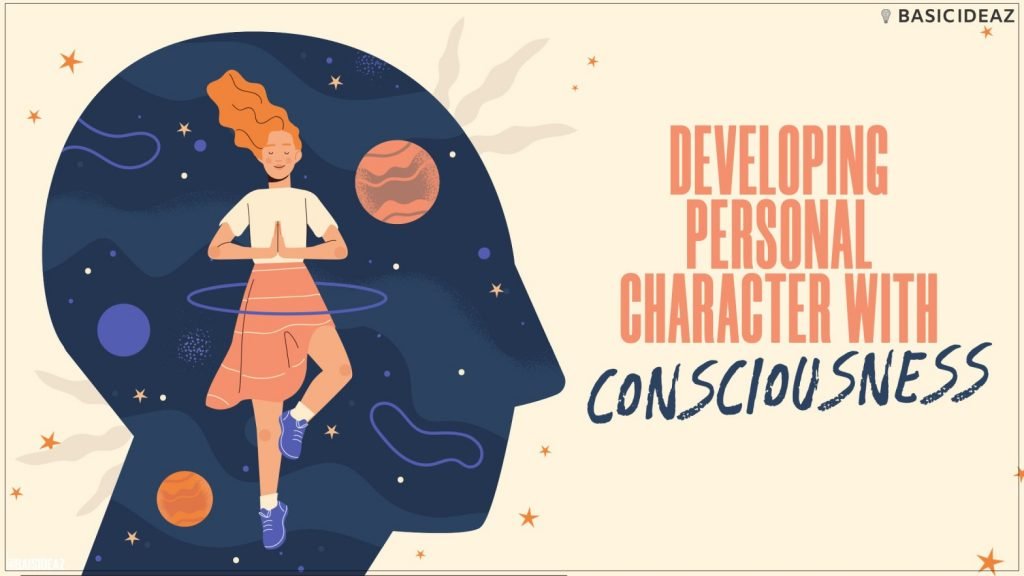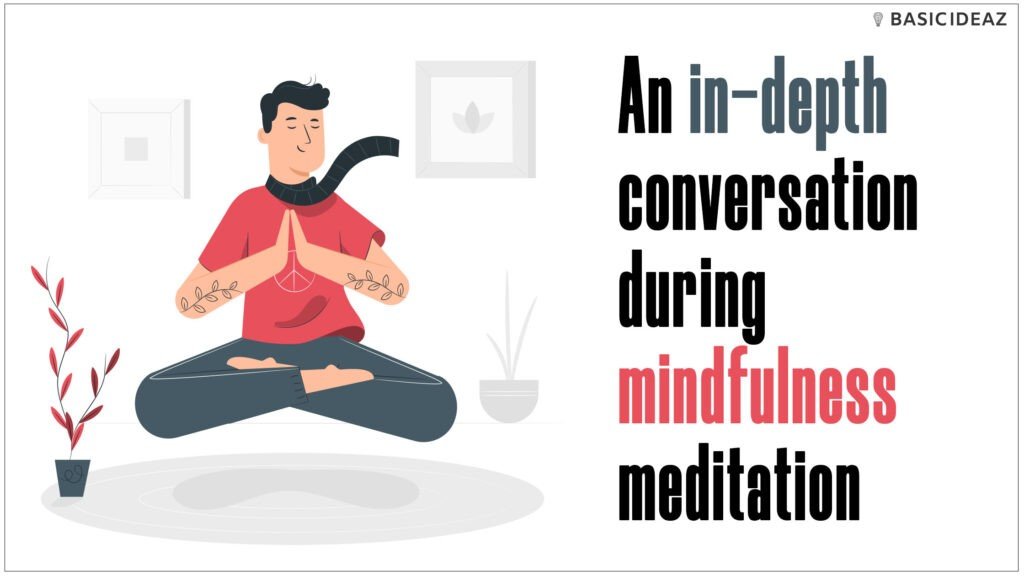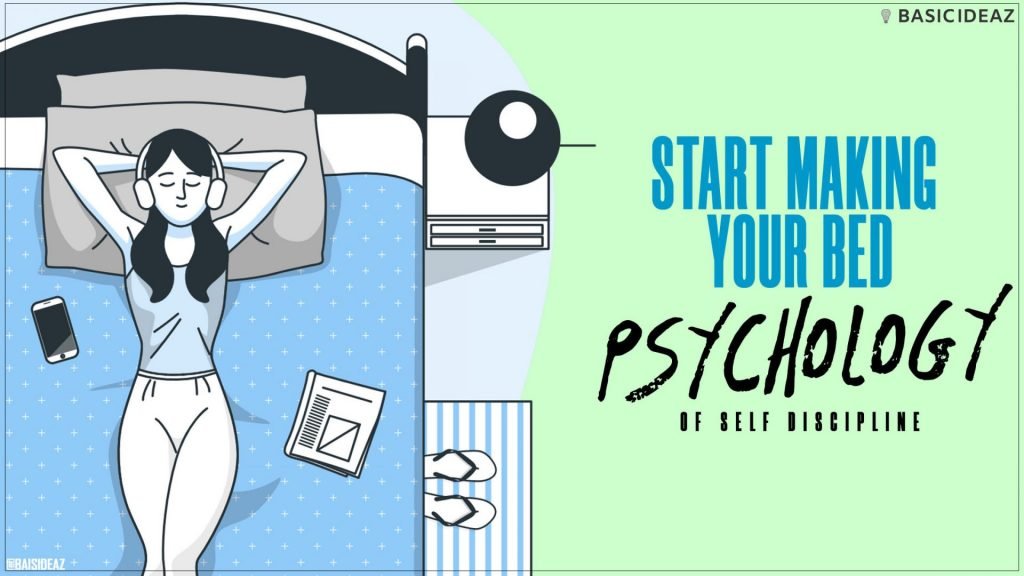The hen who bites her chicks- A story to improve self-esteem (1)

My eyes shot open from sleep when my mother said; the baby chickens are out of their shells.
I jumped from the bed, and ran to the nesting area where I could hear the chicks’ clucking.
This was 17 years ago.
I never named the hen. I thought naming would increase my attachment to a chicken, and I didn’t want to cry like before when others died because of age.
She was resting in the basket, that is how my father made the nest for her to hatch the eggs. The thick layers of clothes, nylon bags, and the stench from the basket after three weeks of hatching were intense.
I never minded the smell; I was used to it. I went closer to the basket and squatted slowly.
I could see the baby chicks’ heads popping in and out from under her belly. She looked tired and hungry.
I ran into the house and brought back a plate of rice and a cup of water. I placed the plate and the cup beside the basket.
The mother came out of the basket, and the chicks started squeaking louder than ever. First, she drank some water, and after that, she started making low pitch clucking sound, which was repetitive, which only means: see the food is here.
I counted them; there were seven chicks out of ten eggs. I suppose three eggs had gone bad. This happened every year.
When the chicks couldn’t come out of the basket on their own, I helped them to get down. They surround the plate as their mother took a grain of rice or two on her beak and dropped it in front of the baby chicks.
I liked how she teaches her children to eat. My parents stood behind me and watched everything.
In the next few weeks, two died out of seven because of uncertain illness.
The chicks played, ate, followed their mother wherever she went, and as time passed, they grew pretty quickly. I admit I played with them after school. They loved me, and the mother chicken was so gentle, she never bit me for being around her children.
I guess she knew I would do no harm.
In the next few weeks, the count reduced to three from five. One died because of illness, and another just didn’t return from an evening stroll.
We suspected the neighbors caught the fourth and ate it. I hated my neighbors for this.
But, that is okay because the three are still alive and looked healthy, at least better than last year, where no one survived.
Things were going well when one morning, everything changed.
I was doing something in my room when I heard the loud squawking of the chickens. They did this when they were in danger. I thought a snake might have appeared in the bushes.
I ran to the verandah only to find out; the mother chicken was biting her children as if they were her mortal enemies.
Her neck feathers were raised, her wings pointing towards the ground and away from her body, which means: stay away from her.
But, one of the threes went closer to her mother despite the warnings. The next moment, the mother chicken stabbed her beak into the baby chicken feathers and took out a large portion of it in her mouth.
The baby chicken jumped and squawked and ran away from her as quickly as she could. It stood at a distance and looked at her mother, stupidly.
What is wrong with her? Why is she hurting them? I was confused and angry.
The second baby chicken came forward to her mother: same result.
The third one never tried and maintained her distance.
It seemed like the mother was going to kill them.
Is she gone crazy? I asked my mother, who stood beside me and watched the whole drama.
I caught the hen from behind and lifted her. I wanted to throw her away because I was angry but didn’t do it.
My mother ordered me to let her go, but I protested, “She is hurting them. She has gone crazy.”
“This is normal behavior for them. This is how they behave when their children grow up. She is only teaching them to be independent” I let her go, and that day a few questions formed in my mind.
Why does she has to shove her children away? Can’t she teach them to be independent by staying with them? Why are animals so dumb?
These questions were always there in the back of my head for 17 years until I found the answers when I read the book, the six pillars of self-esteem by Nathaniel Branden.
Get Quality Self Improvement Articles Every Week, No Spam, No Ads.
Thank you!
You are added to the community of Basicideaz.
Self-responsibility and self-esteem:
The mother chicken bit her children so that they start to learn to live on their own. They become responsible for their own life.
Humans don’t bite their children to teach them how to become independent. Not that I have seen any, but few parents take other measures to teach their children to learn the responsibility of life.
Some parents are too indulgent towards their children, and as these kids grow up to an adult, they find it challenging to take responsibility for their life.

- I am responsible for my desire to come true.
- I am responsible for my happiness.
- I am responsible for the choices and actions of my life.
- I am responsible for my consciousness.
I am not saying that everything is under my control, and I am responsible for all the actions and choices I make in my life.
Birth, death, and unexpected life events are beyond my control. I cannot control the earthquake, flood, or pandemic like COVID-19, I cannot control the death of our close ones, I cannot control the sudden market depression, but there are a lot of things that are in my control.
1. I am responsible for my desire to come true:
I want to become a novelist. I want to write and tell stories, and this is my desire. No one will write stories for me, and no one will publish my book if I don’t write one.
If I sleep on the bed and daydream about my writing all day, guess what, there will not be a single word written on the white paper at the end of the day.
No one is coming.
No one is coming to save me. No one is coming to tell me, ‘here, take this 10,000 dollars and live a worry-free life.”
My parents did whatever they could to raise me, now the rest of the road of my life, I have to discover on my own.
When I become responsible for my desires, I raise my self-esteem because this reflects self-efficacy.
Self-efficacy and self-respect are the two key components of self-esteem.
“Self-efficacy means confidence in the functioning of my mind, in my ability to think, understand, learn, choose, and make decisions; confidence in my ability to understand the facts of reality that fall within the sphere of my interests and needs; self-trust; self-reliance.”- Branden Nathaniel.
I cannot develop beliefs in myself to have the ability to achieve my desires if I am not responsible for my own goals. Therefore, I improve self-esteem just by becoming responsible for the desires of my life.
2. I am responsible for my own happiness:
If I think someone else is responsible for my happiness, this is childish and immature. I am not a seven-year-old kid anymore, and it is not my parents’ responsibility to make me happy.
I am responsible for my own happiness.
There are two kinds of happiness: Happiness that depends on external factors and happiness that depends on internal factors.
My happiness can depend on external factors like approving of my love by the person whom I love and accomplishing things that I desire. This kind of happiness is a sign of low self-esteem.
Nevertheless, I have to work to achieve my goals; I have to be present and devote time to be accepted by the one I love.
No else is going to fix it for me.
Internal happiness comes from high self-esteem.
You know you respect yourself because you believe to your core that you deserve to live. You are worthy of this life. You can achieve great things because you are capable of achieving great things.
You have the birthright to be happy; you are as valuable and important as any other human being.
There is no inferiority complex in you, you are not scared or shy when you talk to a person, you face the challenges of life, you solve your problem, and when things get hard, you focus on the solution rather than blaming it on other factors.
These are the signs of high self-esteem, and this generates internal happiness.
3. I am responsible for the choices and action of my life:
I am not talking about the moral choices that I have taken in my life. My parents want me to become a doctor, but I chose something else that I love. This is not the topic of this third point.
The third point only means that I am responsible for bringing consciousness to my work. If I have started a project, then it is my responsibility how I finish it. I am the source of my actions, and I am responsible for my choices.
I have a big project to finish by evening, but I don’t feel like working. Why don’t I feel like working?
If I bring consciousness to this, I will understand the reason. I don’t feel like working because I didn’t sleep well last night, or perhaps I am depressed today, or maybe some mental block.
Most of us cannot complete a personal goal because of imaginary mental blocks.
An example: My project is to finish my novel within four months. I work everyday and complete half of the manuscript within two months. After that, something happens inside me. A doubt arises that what if my novel is no good, what if I waste my time. There comes a fear of failure or the fear of success.
This happens to most of the writers.
Because of these doubts and fears, my productivity decreases over time. Instead of finishing it within four months, I have wasted ten months, and my first draft is still not ready.
This is nothing but a mental block that arises from past life experiences. Maybe I never did something big like writing a book, perhaps I did write something in my childhood but never completed it. Because of this, I develop self-concept in my subconscious brain that I am not good enough to write a book. This is my core belief, which I am unaware of.
When I become conscious of these mental blocks, I can fight against it and advance with my actions.
4. I am responsible for my consciousness:
Why I do what I do.
When I bring consciousness in my life, my self-esteem jumps to a higher position.
I can bring consciousness to every aspect of my life: relationship, communications with others, life goals, learning, etc.
Here I am not talking about spiritual consciousness that we experience through meditation.
I am talking about consciousness regarding my decisions, my behavior towards my activities.
Examples: I start to write my book, and after writing for twenty minutes, I decide to take a break, or I decide that it will be enough for today.
If I am responsible for my consciousness, I will analyze my unconscious decision to stop writing after twenty minutes. I would analyze why I stop writing after twenty minutes. What I am feeling, What are my impulses, and what I am experiencing now.
This same applies to relationships with our close one as well.
If we fight with our spouse, we can analyze our behavior. Why I get angry with her, why I am raged, why I am sad, why I am happy, etc.
This sounds mechanical, but once you bring consciousness in your life, you will understand the reasons behind your behavior.
Once you understand the reasons behind your behavior, you can change your actions and choices according to your beliefs and values that will eventually improve self-esteem.
What about God’s will?
Some of you may say why I have to consciously push my life if there is a destiny of my own. What about God’s will?
If you believe in destiny, then there is nothing wrong with that, and God’s will has nothing to do with your self-esteem.
If you leave everything on God and sit in your house, hoping good things are going to happen, then it may happen, several opportunities will knock on your door and leave. Because you didn’t take any action.
If there is a God will; still, you need to take action to fulfill your destiny.
To take action, you have to take responsibility for your own, and this will improve self-esteem.
You are on your own
I mention above that no one is coming to save you. No one is coming to help you. Many adults still leave under the impression that their parents are still alive, and they are there to support them.
Of course, they are there to support them. This kind of backup never helps an adult to become responsible for his or her life. They become less conscious about their activities and roam from one point of life to another, and when things become too difficult they start blaming others.
I want to clarify that taking responsibility doesn’t guarantee you success in life. There will be multiple problems in your life that are beyond your capacity.
In that case, no one is accusing you, not even yourself. But your integrity gets impacted once you don’t take the required responsibility for your life.
You know what you want to do, you maybe know the correct steps to take, but still, you falter every day for some reason.
Perhaps, there is a backup in your subconscious mind. There is a safety net when you fall, so you don’t pay much attention.
What if the safety net you are assuming comes with a high cost. Costs of integrity, dignity, low self-esteem, and shame.
The technique to increase self-responsibility

The below ideas are taken from this source: https://www.nathanielbranden.com/sentence-completion
Below five ‘sentence stems’ are given for each week. You have to write six to ten grammatically correct endings for each ‘sentence stems’ before starting your daily activities.
The important point to remember is that you cannot think for too long when completing the endings. Just write whatever comes to your mind. You don’t revise or recheck what you have written until the weekends.
On the weekend, go through what you have written and complete one different sentence stem for six to ten endings.
If any of what I wrote this week is true, it might be helpful if I…
For the first two weeks, the sentence stems are given below. In the above source, there are a whole 30 weeks sentence stems are provided: For more information, you can read the book “The art of self-discovery” by Brendan Nathaniel.
Week 1
- If I bring more awareness to my life today…
- If I take more responsibility for my choices and actions today…
- If I pay more attention to how I deal with people today…
- If I boost my energy level by 5 percent today…
Week 2
- If I bring 5 percent more awareness to my important relationships…
- If I bring 5 percent more awareness to my insecurities…
- If I bring 5 percent more awareness to my deepest needs and wants…
- If I bring 5 percent more awareness to my emotions…
Source: https://www.nathanielbranden.com/sentence-completion
Conclusion:
Start taking responsibility for your life like the baby chickens, or else they will never learn to find their food except depending on her mother.
This is scary, and it needs the courage to stand alone, but hey, the road to success is not paved with roses.
Best
Ahbab
Other related article:
Why does nobody like me? A deep dive into your subconscious mind.
The Idea of this article has taken from the book “ The six pillars of self-esteem” by Nathaniel Branden.
There are few books out there which change your whole course of life and I would be honest, this is one of them.
The link above is an affiliate link and if you buy from this link, I will be able to earn a small commission.
Thank you for reading this blog.







Comments are closed.